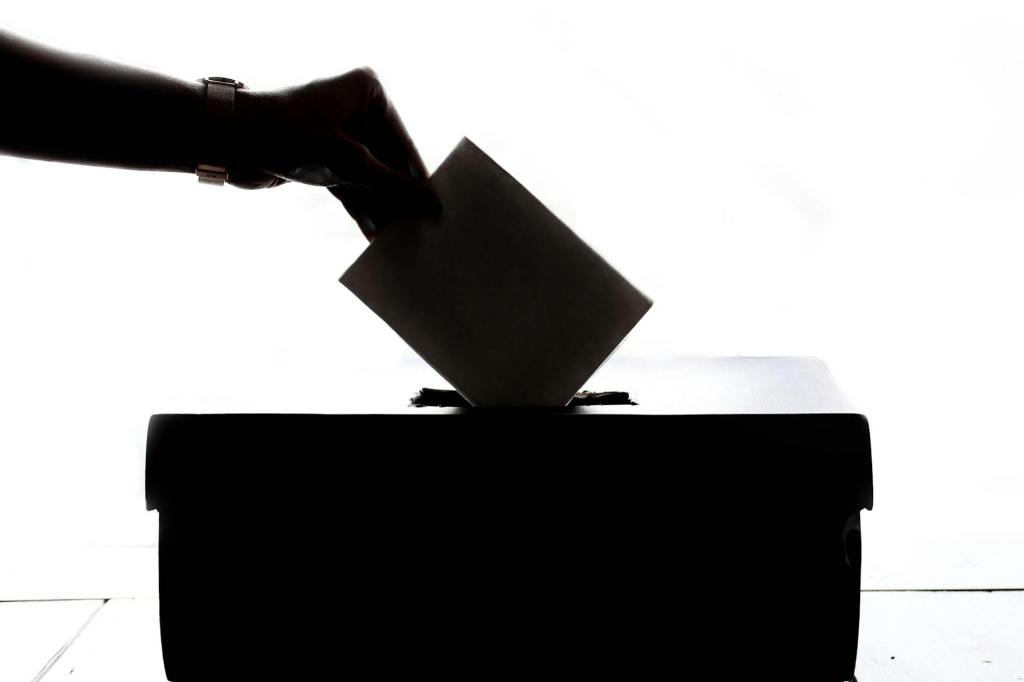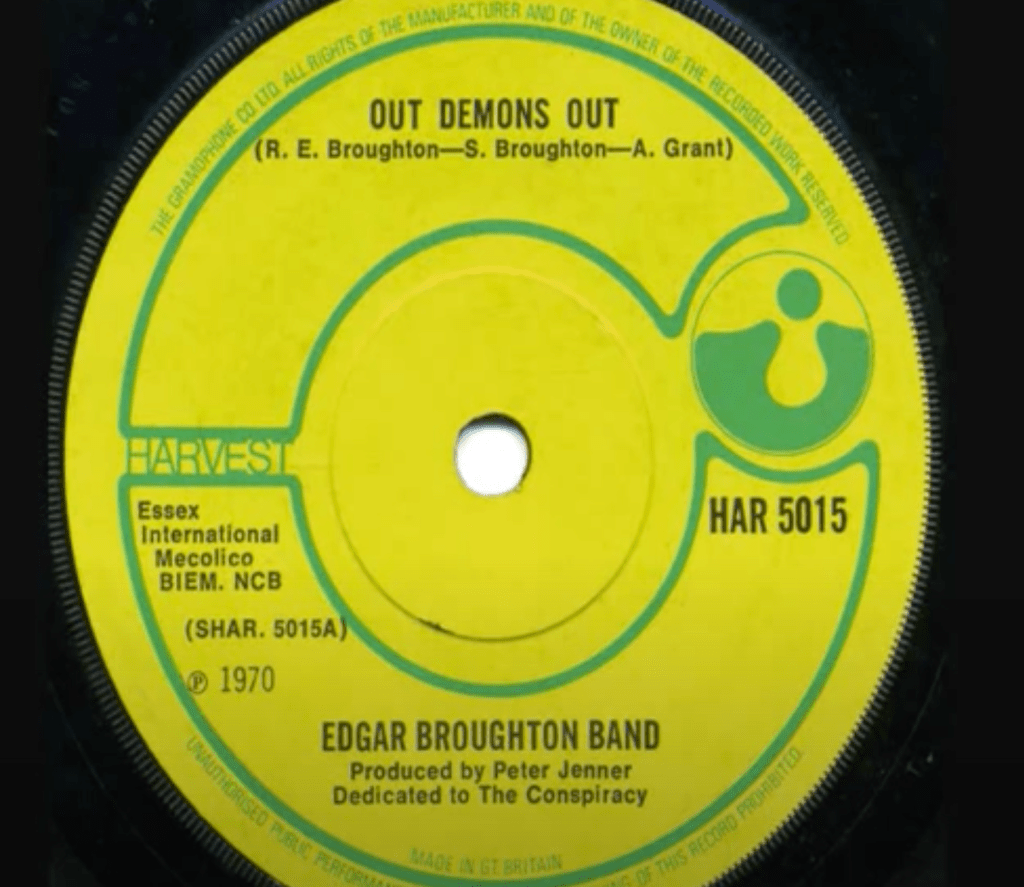The Observer has rightly been voicing concern about student voter registration. This is something I and others in universities have been worried about for some years, indeed ever since the move to Individual Electoral Registration. In this latest article (where I was also asked for comment) they say:
Hundreds of thousands of students could be left unable to vote if the government calls an October general election, because there may not be enough time to register them, universities and student unions have warned.
They also say that an October election – potentially just two or three weeks after freshers’ week in many university towns – would not leave local councils enough time to put many thousands of new student addresses on the electoral register.
Paul Greatrix, registrar of the University of Nottingham, told the Observer that if an election was called for mid-October he did not think the data could be processed in time. “You could easily end up with hundreds of thousands of students being disenfranchised and left without a voice,” he said.
This point on preparedness of electoral registration offices to cope with a rush of new registrations just before an autumn election has also been picked up by a cross-party Parliamentary committee as reported on the Politics Home site:
Electoral registration systems could be “stretched to breaking point” ahead of the general election , according to the head of a cross-party committee of MPs.
A new report from the Levelling Up, Housing and Communities committee today suggests that millions of people could be at risk of disenfranchisement at the general election, due to the electoral registration system not being up to scratch.
The report points to figures from the Electoral Commission that estimated as many as eight million people were missing from the electoral register and more “not registered accurately”.
Committee chair and Labour MP Clive Betts has now said that “many registration offices are flagging” ahead of the election, expected later this year.
He told PoliticsHome there is “a problem with the current system of registration”.
All of this would potentially mean a major impact on student participation in the General Election.
Ever since the introduction of Individual Electoral Registration (IER) universities have been struggling to find effective and efficient means to enable students to register to vote. There is now though a clear and well-documented route to facilitate student auto-enrolment as part of their start of session registration process. This was set out in a piece on Wonkhe earlier this year in which Bess Mayhew of Purpose Union (with a small contribution from me) described the auto-enrolment model which has now been adopted by a good chunk of universities :
Under auto-enrolment, students can opt-in to register to vote automatically when they fill in their enrolment form at the beginning of each year. The university then hands this information to the local council, which verifies the student’s eligibility and adds them to the electoral register.
At the University of Nottingham both new and returning students were asked during the online registration process in September 2023 whether they wished to consent to their data being shared with their term-time local council for the purpose of voter registration. Of the more than 36,000 student population over 23,000 students consented or around 64% of the total. This represents a huge increase over our last attempt to encourage and enable students to register which resulted in fewer than 1,000 taking up the opportunity. This is a hugely encouraging development and bodes well for the active participation of students in the democratic process and their local community.
As can be seen in the guide produced by Purpose Union a majority of universities have either adopted this or are planning to. It’s not a silver bullet of course as the complexities for universities dealing with multiple electoral registration offices make things really challenging. But for many institutions it does work well.

A quick survey of colleagues in AHUA suggests more universities than the 31% shown above as currently running auto-enrolment will be on board this September which is extremely encouraging.
But there are still gaps and there are still challenges. As the Observer and Politics Home reports note, even if students (or others seeking to register) go through the registration process they may not make it on to the electoral register if the timing of the election means that electoral registration offices are unable to cope with a bulge of registrations at the start of term.
Should this be the case then universities will have to mount a twin-pronged campaign, first to encourage students to vote where they are currently registered (and help point them to the right polling station) and secondly to advise on voter ID requirements which will undoubtedly have a real impact on students.
Students have the same rights and responsibilities as other citizens and it is essential that they are given every opportunity to register to vote and then to exercise the opportunity to participate in the general election. This is not so much about the impact the student vote may have in particular seats, which is unlikely to be hugely significant, but ultimately about ensuring everyone is enabled to play a full part in the democratic process, now and into the future.





Leave a comment